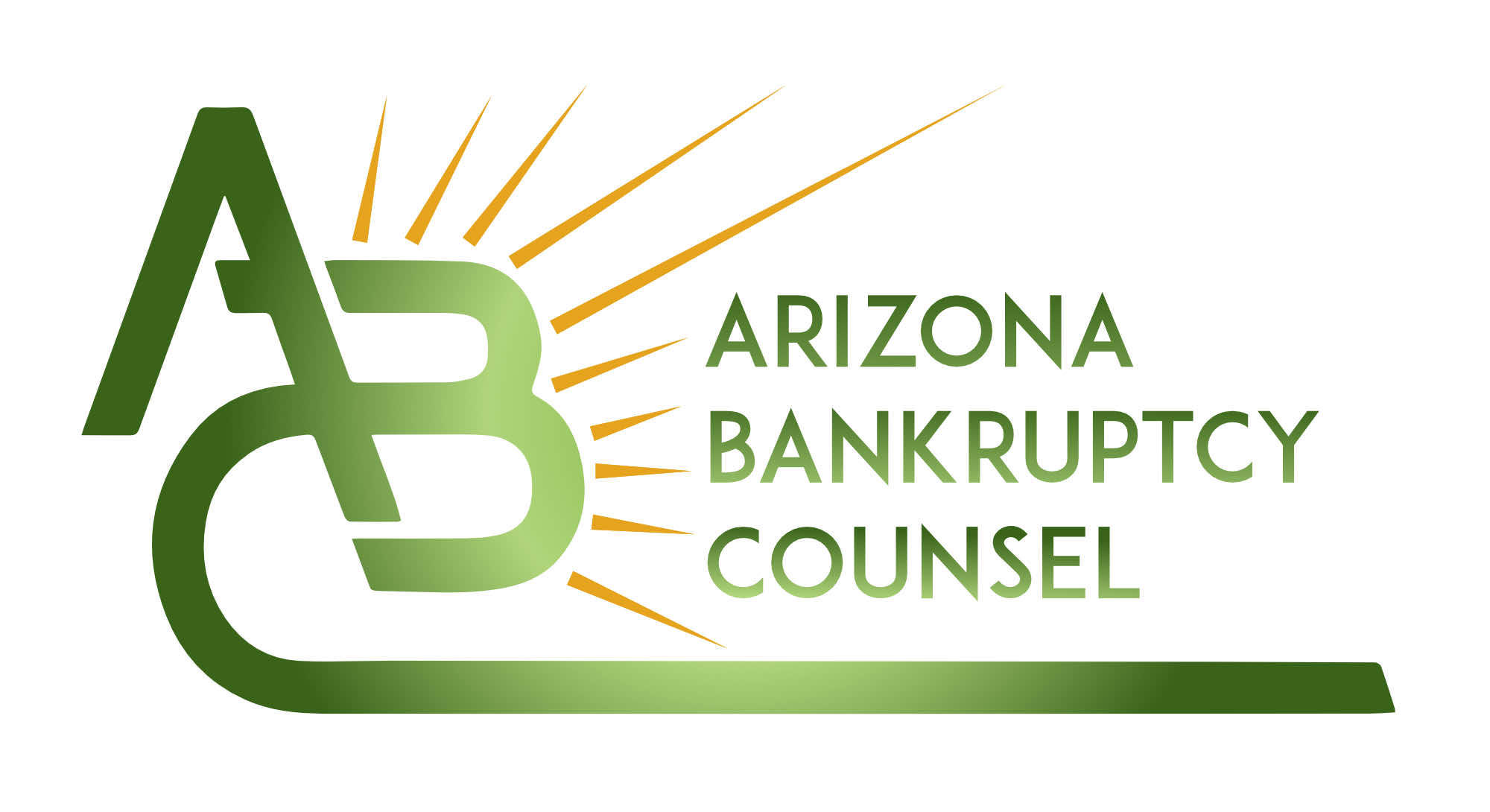One of the reasons that operating expenses can be approved more readily than other uses is that the spending itself preserves the value of the collateral. This is a bankruptcy-specific question: whether the proposed use of cash collateral “provide[s] adequate protection” of the lienholder’s interest under 11 USC § 363(e), such that the court should allow its use under 11 USC § 363(c)(2).
Prudent operation of income-generating property allows a debtor to attract and maintain customers, and thereby preserve the value of the rental income stream. This economic reality is reflected in case law. In the Las Vegas Monorail case, for example, Judge Markel noted that the debtor’s
use of the cash it generates in its operations is itself a form of adequate protection. This is because [the Las Vegas Monorail Company’s] continued investment in, and operation of, the monorail will increase, or at least maintain, the collateral’s value. A shuttered monorail will not generate any revenue, but every additional rider on the monorail will generate additional cash for distribution to the noteholders, after LVMC pays reasonable expenses.
In re Las Vegas Monorail Co., 429 B.R. 317, 341 (Bankr. Nev. 2010). Other courts have made the same conclusions in the context of income-producing real property. E.g., In re Willowood East Apartments of Indianapolis, 114 B.R. 138, 143 (Bankr. S.D. Ohio 1990) (stating that the use of cash collateral for operating expenses “preserves the value of [the creditor’s] allowed secured claim”). In re Warren Street Associates, Ltd., 142 B.R. 53, 57 (Bankr. N.D.N.Y. 1992) (“the creditor’s interest in the rental income generated by the property is adequately protected when a portion of the rents is reinvested in the property for operational expenses and maintenance”).
Where revenues are stable or rising, a secured creditor is not entitled to additional protection, but is adequately protected by expenditures which preserve net revenues. Las Vegas Monorail, 429 B.R. at 341. Accordingly, this argument works most effectively when the debtor can show that the income produced by the property is stable or increasing, or can be increased and stabilized with prudent management.
While it may seem obvious that income producing properties are worth more when operating than if the debtor shut down operations, that is not always the case. In some cases, real property may be worth more if vacant and sold for a more marketable use, or inventory may be worth more at auction than it would cost to staff a retail store to sell it.
Thus, a debtor faces a more difficult case where income is falling and the proposed expenses will not stabilize or increase the income. There may yet be a compelling case for using cash collateral, as where the proposed spending will make the collateral and the income stream more valuable than they would be without the expenses, and that the spending will make possible, and enhance the value of, a turnaround or sale that is likely in the near future. The practical problem is that winning the cash collateral fight on the argument presented here may later give the secured creditor a superpriority claim under 11 USC § 507(a)(2) & (b), making the eventual confirmation of a plan difficult. A debtor in this circumstance may be better served by abandoning the asset, presenting the request under a different legal argument, or convincing the secured creditor to waive any superpriority claim because a small decline is better than freefall.
Please feel free to contact me online, or by phone or email, to discuss whether a chapter 11 bankruptcy is a good fit for your situation and, if so, to identify in advance the cash collateral issues your case may raise.
